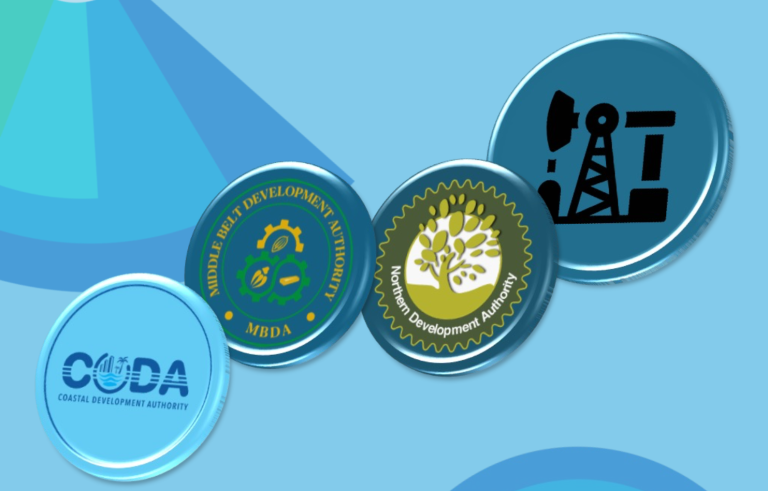Executive Summary
The study assessed the effect of COVID-19 on Ghana’s oil and gas and mining sectors. The study also focused on documenting the adaptation and resilient strategies of extractive companies, royalty receiving MMDAs, regulators and civil society organizations operating in the extractive sector, by focusing on relevant lessons, experiences and failures. The study findings are intended to be used by stakeholders, both to support their recovery from the pandemic and prepare for future uncertainties. The study adopted a qualitative approach through interviews and document analysis to understand the extent and magnitude of the pandemic on the extractive sector.
Key findings
1. Extractive sector governance and statutory obligations (companies): Governance mechanisms including routine engagement with community members, local authorities and stakeholder NGOs were suspended to reduce the risk of contracting the virus. The study however revealed minimal effect of the pandemic on statutory obligations of companies including taxes and SSNIT contributions because of the existence of online payment platforms.
2. Extractive sector governance and statutory obligations (government) Regulators of the sector were constrained in effectively discharging their duties by the numerous government COVID-19 containment measures. For instance, application for permits and follow-up verification visits were hindered as a result of COVID-19 measures including movement restrictions and closure of regulatory agencies offices. At the sub-national level, local-level engagement between MMDAs and communities, which provided the platform for addressing mining communities’ grievances, were irregular.
3. Civic space: The pandemic aggravated the multiple challenges and vulnerabilities that inhibit civil society activism in Ghana’s extractive sector. Delays in the implementation of planned program activities, to inform critical extractive sector governance issues, reduced civil society activism, while unplanned expenditure increased the operational cost of CSOs in the sector.
4. Sub-national revenues: The slowdown of economic activities by the pandemic affected revenue mobilization efforts (IGF) of sub-national governments and hindered the delivery of public goods. District Assembly Common Fund (DACF) releases to MMDAs was also severely constrained by the impact of the pandemic on central government revenue mobilization and expenditure. The study however revealed that mineral royalties was the most consistent government revenue stream for MMDAs during the pandemic.



